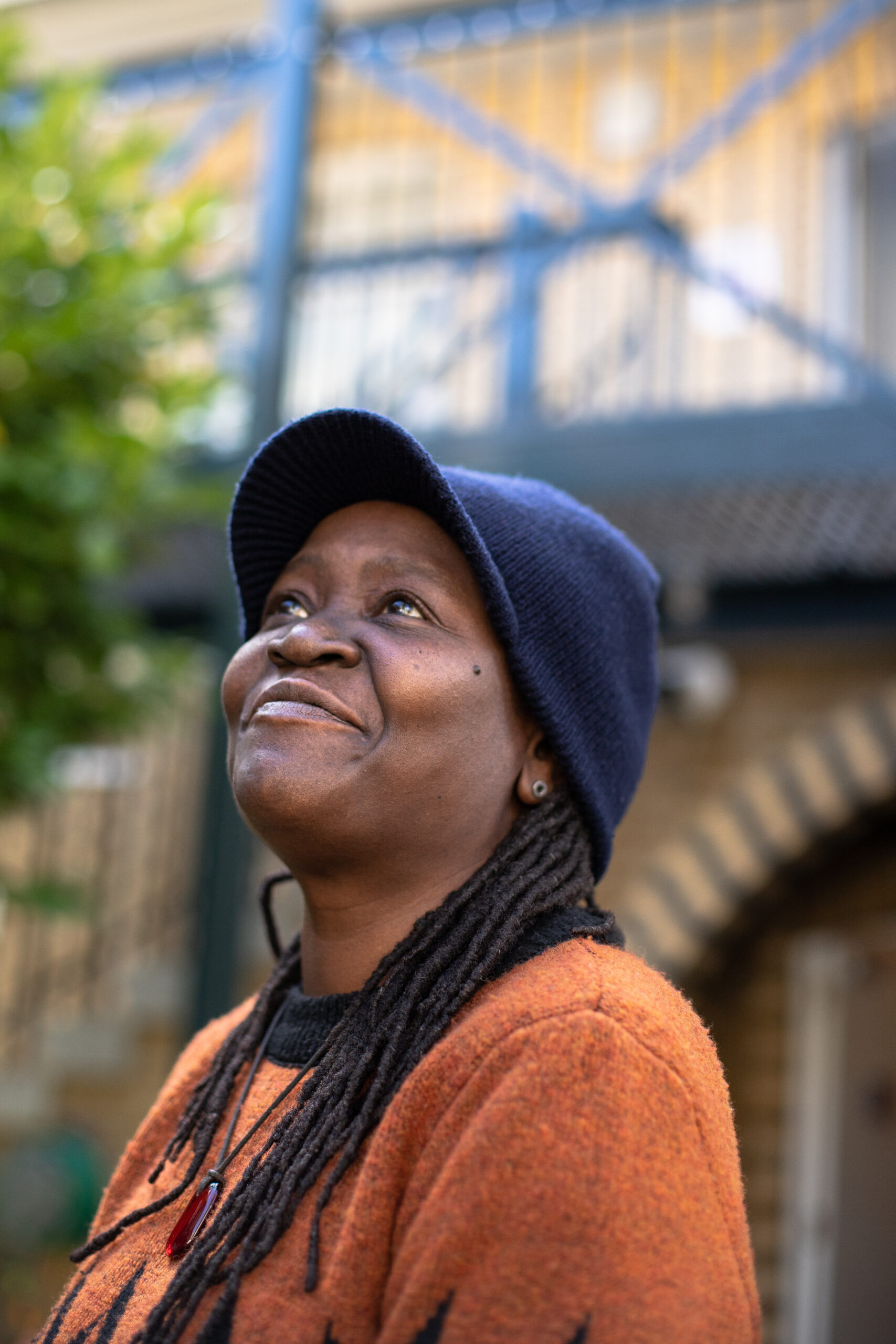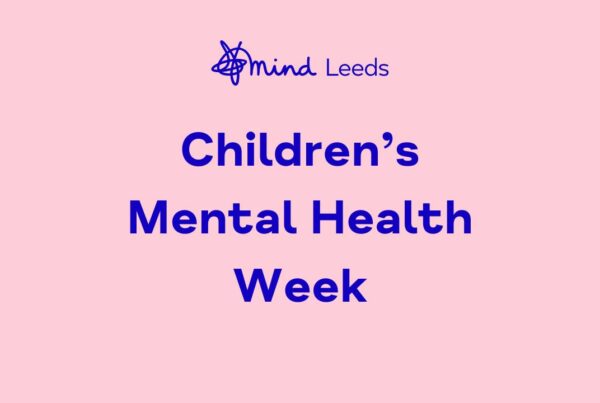Black History Month is an annual event to celebrate and understand the impact of Black heritage and culture. It runs throughout October, and this year’s theme is ‘Saluting Our Sisters’.
You can read about Mind’s Black mental health heroes here, where they celebrate some of the Black women that have made remarkable contributions in mental health.
Leeds has seen some excellent events this year, including one of the regular Leeds Black History Walks; a talk on ‘Could there be another David Oluwale’ hosted by DOMA; and a talk with author Yvonne Battle-Felton, whose books explore the legacies of slavery.
But the celebration of Black heritage and culture shouldn’t end when October does. Here’s a few more upcoming events:
- 4th November: A unique ‘performance tour’ of a Leeds Art Gallery exhibition by Sonia Boyce on the vocal experimentation of five Black female musicians, led by poet, performer and scholar, Rommi Smith
- 7th November: Leeds Beckett hosts its annual race lecture for 2023, on ‘Resistance and Solidarity: We Matter’
- 15th November: Gloria Hanley tells her story of vocation as both a minister and a midwife, her journey as an author, and her community work
- 17th November: Leeds University Alumni, Corinne Bailey-Rae speaks to Dr Emily Zobel-Marshall about her values, culture and the city of Leeds (including a short acoustic performance)
- 25th November: A memorial sculpture for David Oluwale is set to be unveiled at an event on Meadow Lane (near the Tetley)
Just as our city continues to celebrate and acknowledge, we will continue our focus on racialised communities at Leeds Mind far beyond the month of October.
As a mental health charity, we mark Black History Month because of how race and mental health intersect in the UK, and because of the discrimination that exists within the UK’s mental healthcare system.
Racialised communities are one of the key areas of focus in our three-year strategy (2022-2025). We know that Black people are disproportionately impacted by mental health difficulties, but have the lowest mental health treatment rate of any ethnic group. We also know that mental health stigma is still a big factor in some communities, and there is some cynicism about the system’s commitment to anti-racism (which includes mental health charities). Find out more in Mind’s survey.
As part of this, we will continue our work with our Equality, Diversity, Inclusion and Belonging groups. The groups (and our whole team) are addressing issues of representation, diversity in our workforce, and designing more inclusive mental health services.
While we continue working to make all of our services truly inclusive and welcoming, we have got projects that focus specifically on the Black and racially minoritised experience of mental health; Culturally Diverse Minds and the Barber Project. Read more about them by clicking the links.
Finally, during Black History Month, we hear a lot about Black people’s experiences – past and present, positive and negative. Sometimes this might feel inspiring. And sometimes this might feel tough. If you’re struggling this Black History Month and beyond, Mindwell has a directory of support designed for racially minoritised people.




